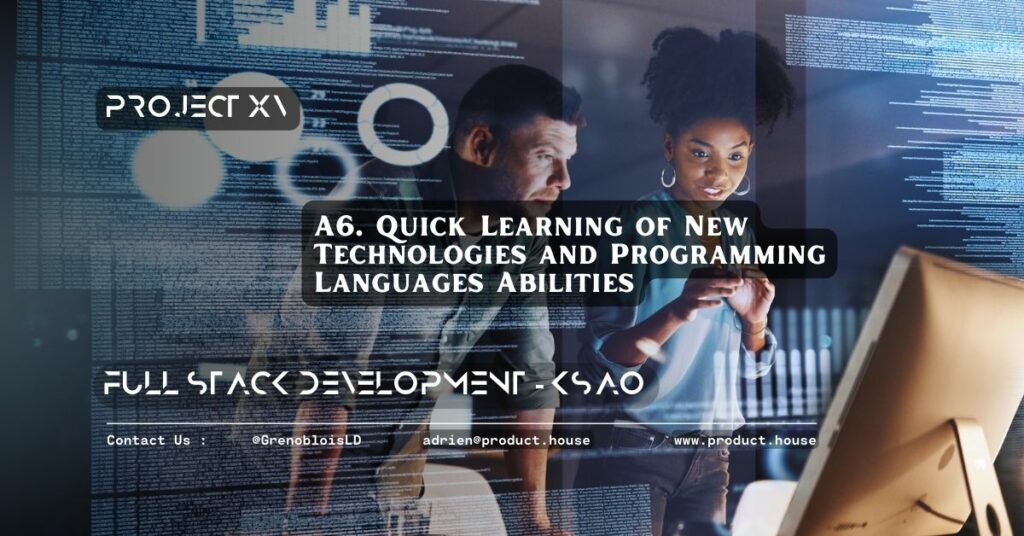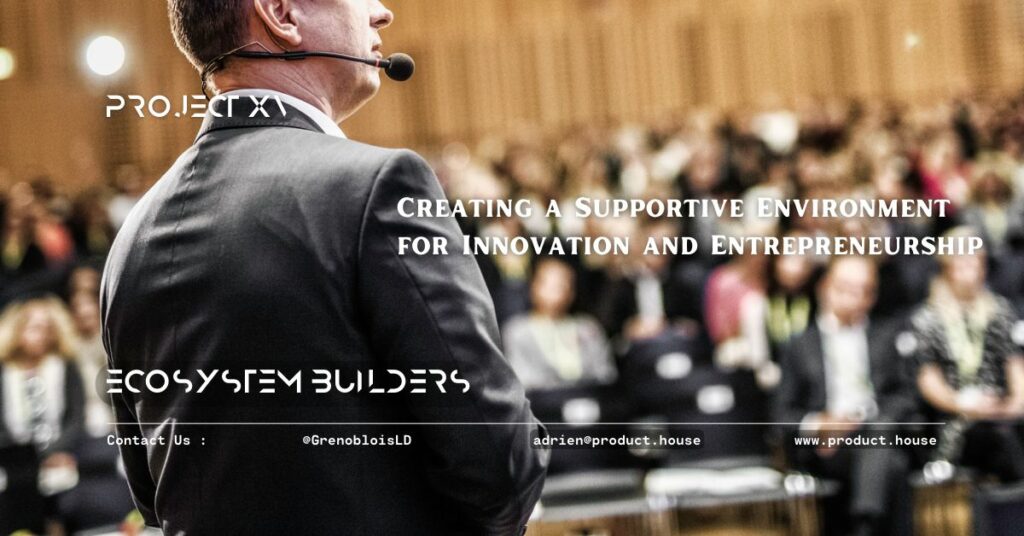A6. Quick Learning of New Technologies and Programming Languages Abilities

At the heart of any technical career lies the ability to learn and adapt quickly to new technologies and programming languages. With the ever-changing technological landscape, it is crucial to have the skills to keep up with the pace of innovation. In this article, we will discuss the key abilities required to learn new technologies and programming languages quickly.
Strong Foundation in Fundamentals
Before diving into any new technology or programming language, it is essential to have a strong foundation in the fundamentals. This means having a good understanding of core concepts such as data structures, algorithms, and programming paradigms. Having a solid foundation in the basics will enable you to learn new technologies and programming languages more quickly as you will be able to draw parallels between what you already know and what you are trying to learn.
Effective Research Skills
Another crucial skill in learning new technologies and programming languages quickly is having effective research skills. In today’s world, information is readily available, and it is vital to know how to navigate and sift through the vast amount of information that is available. Knowing where to find reliable sources and how to evaluate their credibility is also essential. Effective research skills enable you to find the information you need quickly and efficiently.
Practical Application
It is not enough to learn about new technologies and programming languages in theory. Practical application is essential to fully understand and internalize the concepts. Hands-on experience is one of the best ways to learn, and it is essential to practice what you are learning to reinforce the concepts. This can include working on personal projects or contributing to open-source projects.
Patience and Persistence
Learning new technologies and programming languages can be a challenging and frustrating process, and it is essential to have patience and persistence. It is essential to remember that learning is a journey, and progress may not be immediate. It takes time and effort to master new skills, and setbacks are inevitable. However, with patience and persistence, you can overcome these obstacles and achieve your goals.
Networking
Networking with like-minded individuals is an excellent way to accelerate your learning. Engaging with others in the community can help you learn new skills and techniques, get feedback on your work, and stay up-to-date with the latest trends and developments. Networking can also help you find mentors who can guide you in your learning journey.
Flexibility and Adaptability
The technological landscape is continually changing, and it is essential to be flexible and adaptable. This means being open to new ideas and willing to try new approaches. It also means being willing to pivot and change direction when necessary. The ability to adapt to new technologies and programming languages is essential to staying relevant and in-demand in today’s job market.
In conclusion, the ability to learn and adapt quickly to new technologies and programming languages is a vital skill in today’s ever-changing technological landscape. Having a strong foundation in fundamentals, effective research skills, practical application, patience and persistence, networking, and flexibility and adaptability are all essential in accelerating your learning and staying ahead of the curve.
FAQs
Q: Why is it important to learn new technologies and programming languages quickly? A: With the ever-changing technological landscape, it is crucial to have the skills to keep up with the pace of innovation. Learning new technologies and programming languages quickly will enable you to stay relevant and in-demand in today’s job market.
Q: What are the key abilities required to learn new technologies and programming languages quickly? A: The key abilities include having a strong foundation in fundamentals, effective research skills, practical application, patience and persistence, networking, and flexibility and adaptability.
Q: How can I improve my research skills? A: Improving your research skills involves knowing where to find reliable sources and how to evaluate their credibility. It is also essential to know how to navigate and sift through the vast amount of information that is available.
Q: How can I network with like-minded individuals? A: You can network with like-minded individuals by engaging with others in the community, attending industry events and conferences, and participating in online forums and discussion groups.
Resources
- Codecademy – An online learning platform that offers courses in a variety of programming languages.
- edX – An online learning platform that offers courses from top universities and institutions around the world.
- GitHub – A platform for hosting and collaborating on open-source software projects.
- Stack Overflow – A community-driven question and answer site for programmers.
- Meetup – A platform for organizing and attending local events and meetups.




